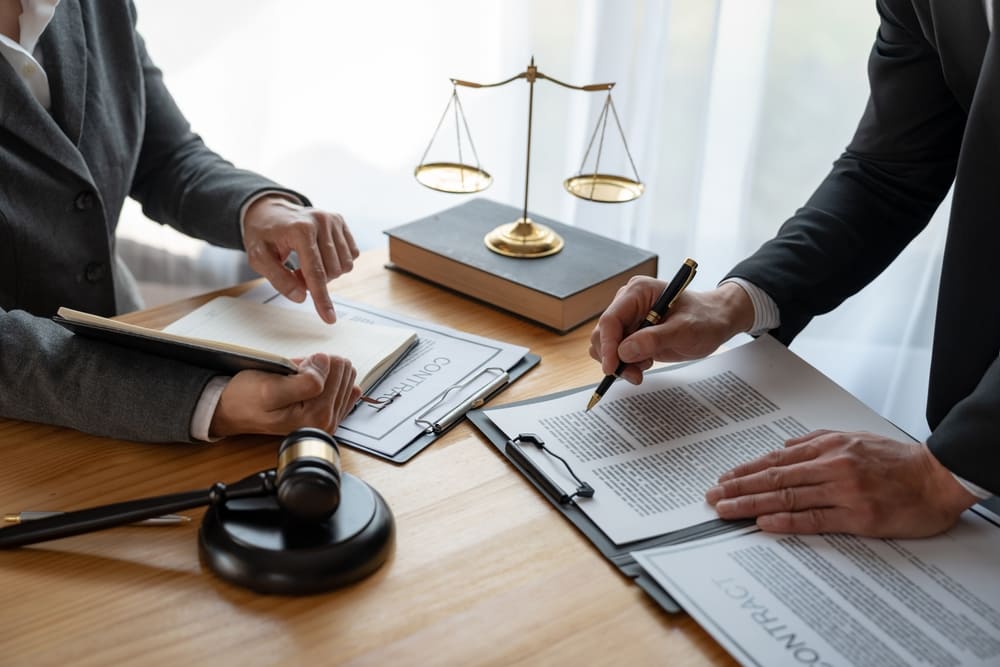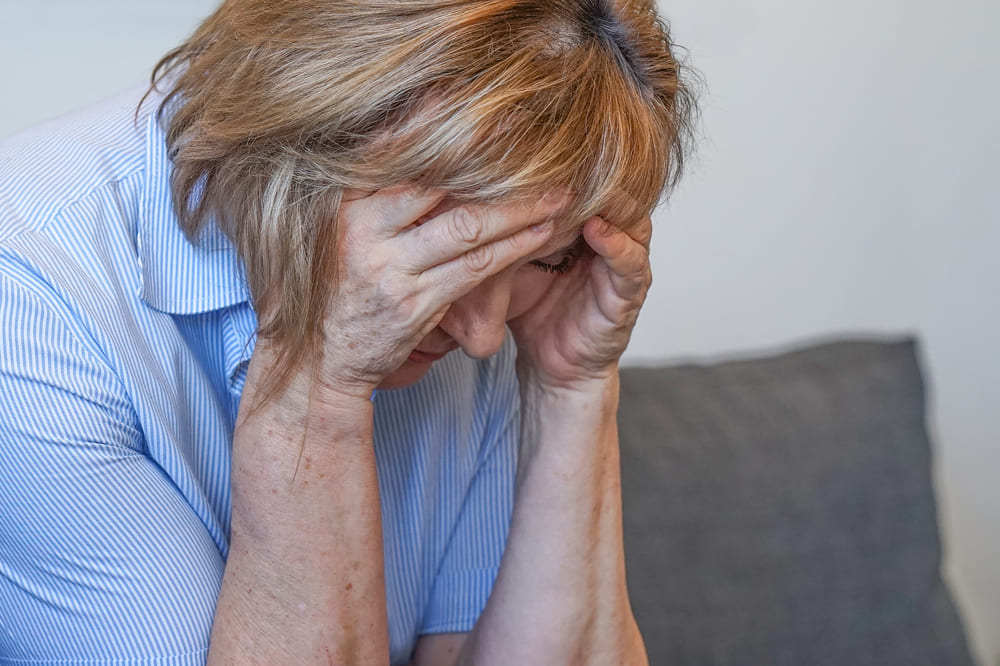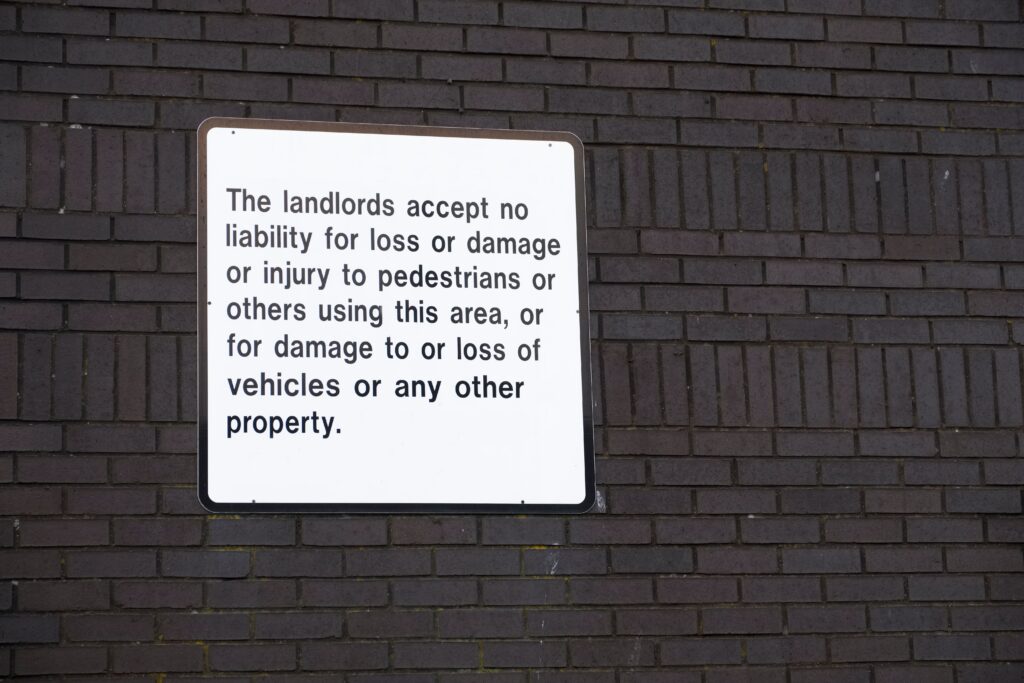Elder abuse is a critical issue that affects countless seniors each year. It encompasses various forms of harm inflicted on older adults, often by someone they know and trust. In our comprehensive blog article, “What is Elder Abuse,” we delve into the intricacies of this alarming issue, providing detailed insights into its different facets.
When determining what constitutes elder abuse, we can examine the five most common types: physical abuse, emotional abuse, neglect, financial exploitation, and sexual abuse. Recognizing the warning signs is crucial in preventing further harm. These signs can include unexplained injuries, sudden changes in financial situations, withdrawal from normal activities, and poor hygiene. Risk factors that increase the likelihood of elder abuse include social isolation, dementia, the caregiver’s dependence on the elder, and inadequate living arrangements. Understanding these factors is essential in safeguarding the well-being of our elderly loved ones.
What constitutes elderly abuse?
According to the Centers for Disease Control and Prevention (CDC), elder abuse is defined as “an intentional act or failure to act that causes or creates a risk of harm to an older adult.” Under this definition, numerous actions, including physical violence, verbal threats, or neglect, can be considered types of elder abuse. Don’t wait — if you suspect your loved one has suffered from any form of elder abuse, contact our experienced team. We can help you secure financial aid for your suffering.
How to Recognize Abuse
Identifying elder abuse can be challenging, as the signs are not always obvious. Understanding the indicators is crucial for early intervention and protection. The following are some common indicators of what constitutes elderly abuse, but keep in mind that this is not a comprehensive list, and other signs may also point to abuse.
1. Possible Physical Abuse and Neglect Indicators:
- Unexplained bruises, cuts, burns, or fractures
- Signs of restraint, such as marks on the wrists or ankles
- Poor personal hygiene or unattended medical needs
- Malnutrition or dehydration
- Sudden weight loss
2. Possible Behavioral Indicators
- Withdrawal from social activities or usual routines
- Unexplained changes in mood or personality, such as increased agitation, depression, or anxiety
- Fearfulness or wariness around certain individuals
- Sudden reluctance to speak openly
- Disorientation or confusion
- Agitation or anger
3. Possible Caregiver or Family Member Abuse Indicators
- The caregiver or family member exhibits controlling or aggressive behavior
- Unwillingness to allow the elder to speak or interact without supervision
- The elder’s possessions or finances are being misused or unaccounted for
- The caregiver displays a lack of concern for the elder’s well-being
- Conflicting accounts of incidents by the family or caregivers.
- Individuals responsible for the care of the elder having gambling or substance abuse problems.
- Frequent arguments or tension between the elder and caregiver

How to Report Elder Abuse
If you believe you are being subjected to abuse, neglect, or exploitation as an elder, it’s crucial to reach out for help. Confide in a doctor, a trusted friend, or a reliable family member. Additionally, contacting a helpline can connect you with resources and support. If you suspect that someone else is experiencing elder abuse, don’t hesitate to report your concerns. Detailed reports provide a clearer picture of the situation, increasing the likelihood that the elderly person will receive necessary care and protection.
Victims of elder abuse often remain silent due to fear of retaliation, shame, or a sense of loyalty to their abusers, who are often family members. Despite these challenges, it’s vital to prioritize safety and well-being. Reporting abuse helps to protect vulnerable individuals and can prevent further harm. Whether you’re directly affected or a witness, your actions can make a significant difference.
Steps to Take if You Suspect Elder Abuse
If you suspect an elderly individual is experiencing abuse or neglect, it’s essential to act swiftly. Steps typically involve documenting any observed signs, gathering relevant information discreetly, and contacting local adult protective services or law enforcement authorities. Additionally, consulting with an experienced elder abuse attorney can provide invaluable guidance on legal options and strategies to protect the rights and well-being of the elderly. For more detailed steps on reporting suspected elder abuse, please refer to our comprehensive blog article on “What are steps in reporting suspected elder abuse?” which offers expert insights and actionable advice.
If you suspect an elderly individual is experiencing abuse or neglect, it’s essential to act swiftly. Steps typically involve documenting any observed signs, gathering relevant information discreetly, and contacting local adult protective services or law enforcement authorities. Additionally, consulting with an experienced elder abuse attorney can provide invaluable guidance on legal options and strategies to protect the rights and well-being of the elderly. For more detailed steps on reporting suspected elder abuse, please refer to our comprehensive blog article on “What are steps in reporting suspected elder abuse?” which offers expert insights and actionable advice.
Mandated Reporters – Who, What and When
Mandated reporters play a crucial role in safeguarding elders and dependent adults from abuse. These individuals include administrators, supervisors, licensed staff of care facilities, health practitioners, clergy members, and law enforcement or adult protective services personnel. Financial institution officers and employees are also mandated reporters for financial abuse. They are required by law to report any observed or suspected instances of physical abuse, abandonment, isolation, financial abuse, or neglect. Reports must be made immediately by phone and followed up with a written or online report within two working days. Failure to report can lead to legal penalties.
10 Steps to Take if You Believe Elder Abuse is Occurring
- Call 911 in an emergency: If you are worried that an older person is in immediate danger, call the police or 911.
- Check in with your loved one: Some elders may be hesitant or scared to bring up their abuse or neglect experience, but they may confide in you with gentle prompting.
- Document the Abuse: Keep detailed notes of any signs or incidents of abuse, including dates, times, locations, and descriptions of what happened. Photographic evidence can also be helpful.
- Consult a Professional: Seek advice from a healthcare professional, social worker, elder care advocate, or elderly abuse attorney who can provide guidance on how to handle the situation and what steps to take next.
- Secure Finances: If financial abuse is suspected, monitor bank accounts, credit cards, and other financial documents. Consider speaking with a financial advisor or elderly abuse attorney specializing in elder law.
- Provide Support and Reassurance: Offer emotional support to the elder and reassure them that they are not alone and that help is available.
- Create a Safety Plan: Help the elder develop a plan to ensure their safety, including identifying safe places they can go and people they can contact in case of an emergency.
- Strengthen Social Connections: Encourage the elder to stay socially active and connected with friends, family, and community groups to reduce isolation.
- Use available resources: Report abuse or neglect to a local Adult Protective Services (APS) office, a nursing home ombudsman, or the police.
- Seek Legal Protection: If necessary, explore legal options with the assistance of a qualified elderly abuse attorney, such as restraining orders or guardianship to protect the elder from further harm.
Taking these steps can help ensure the safety and well-being of an elder who may be experiencing abuse.
Steps to Take if You Suspect Elder Abuse
While reporting elder abuse to the appropriate authorities is a crucial first step, hiring an elder abuse attorney provides additional advantages that significantly enhance the likelihood of a successful outcome. An attorney can offer expert legal guidance and representation, ensuring that the case is handled properly from start to finish. They can assist in collecting and preserving evidence, which is essential for building a strong case. An attorney can also navigate the legal complexities, file lawsuits if necessary, and advocate for the elder’s rights in court. Furthermore, they can seek financial restitution for damages suffered and help protect the elder from further harm through legal means such as restraining orders. Hiring an elder abuse attorney not only amplifies the elder’s protection and chances for justice but also provides the family with the reassurance that all legal avenues are being thoroughly explored and utilized.
Reporting elder abuse is a vital first step, but sometimes you need more than a report — you need a team like Friedman & Throop. We take cases involving nursing home, personal care attendant and medical provider abuse causing physical injury and cases where people or entities take advantage of elder persons causing substantial financial loss. Our experienced team of elder abuse attorneys understands the complexities of these emotionally charged cases and the importance of protecting vulnerable senior citizens. Visit our Elder Abuse page for more information on how our dedicated team can assist you in navigating the complexities of your case. Contact our offices today at 775-322-6500 to schedule a free consultation and take the first step toward getting the compensation and justice you and your family members deserve.



